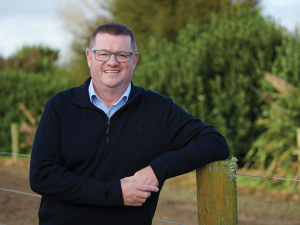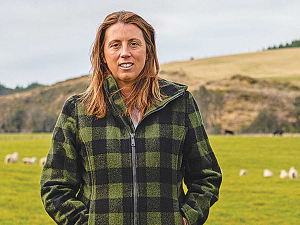Guider was guest speaker at the June 22, Wellington, co-op research conference ‘Building a Better World – The Role of Cooperatives and Mutuals in Economy and Society’; it attracted overseas and local academics and business people. Though until 2007 financial co-ops were seen as old fashioned, five years later their value and role in helping cushion the global financial malaise had placed them in a different light, Guider said.
The event was organised by the New Zealand Association for the Study of Cooperatives and Mutuals, a new grouping chaired by Victoria University head of school of economics and finance Prof Morris Altman, and the former chief executive of the Cooperative Bank, Girol Karacaoglu.
The conference was one of several New Zealand celebrations of the 2012 UN International Year of Cooperatives. New Zealand is widely respected for its cooperatives, which include the dairy giant Fonterra.
Cooperative and mutual businesses play a significant role in the New Zealand economy with $39.6 billion combined revenues in 2010/11 from the top 40 NZ cooperatives and mutuals.
A strengthening trend to cooperatives here is seen in $4.4 billion higher revenues than in 2009/10. Fonterra, for instance, with 10,500 farmer-members, has annual revenue of $19.8 billion and is New Zealand’s only truly global business.
The three Foodstuffs cooperatives (Auckland, Wellington and South Island) have a combined turnover of $8 billion, together the third-largest business in the country.
Dunedin meat processing cooperative Silver Fern Farms is fifth with $1.8 billion and 7500 jobs, and the Invercargill co-op Alliance Group, is sixth largest with revenues of $1.3 billion and 5600 jobs.
These six New Zealand co-ops are in the Global 300 list of the world’s largest cooperatives. The big rural lender Netherlands-based Rabobank is the world’s largest rural bank and a major sector lender in New Zealand.
With at least NZ$1 billion in assets, Rabobank’s AA credit rating is up there with both the Governments of New Zealand and Australia. There are 32 Rabobank branches in New Zealand and 250 employees, almost half in regional locations
Collectively, New Zealand cooperatives and mutuals provide at least 43,000 New Zealanders with jobs, not all in the rural heartland. Vehicle repair shop co-op Capricorn Society has members in New Zealand, Australia and South Africa – truly a tri-nations cooperative – and a turnover of at least $1 billion.
And Co-operative Bank, founded in 1928 and now with 137,000 members, has the largest number of members of all New Zealand cooperatives. Collectively cooperatives contribute 3% of New Zealand’s GDP.
On a global footing, cooperatives worldwide are owned by 1 billion people and employ at least 100 million. The biggest 300 cooperatives have a combined turnover of $NZ1.9 trillion and are as large as Spain, the world’s ninth-largest economy.
• Ramsey Margolis is executive director of the New Zealand Cooperatives Association.
















